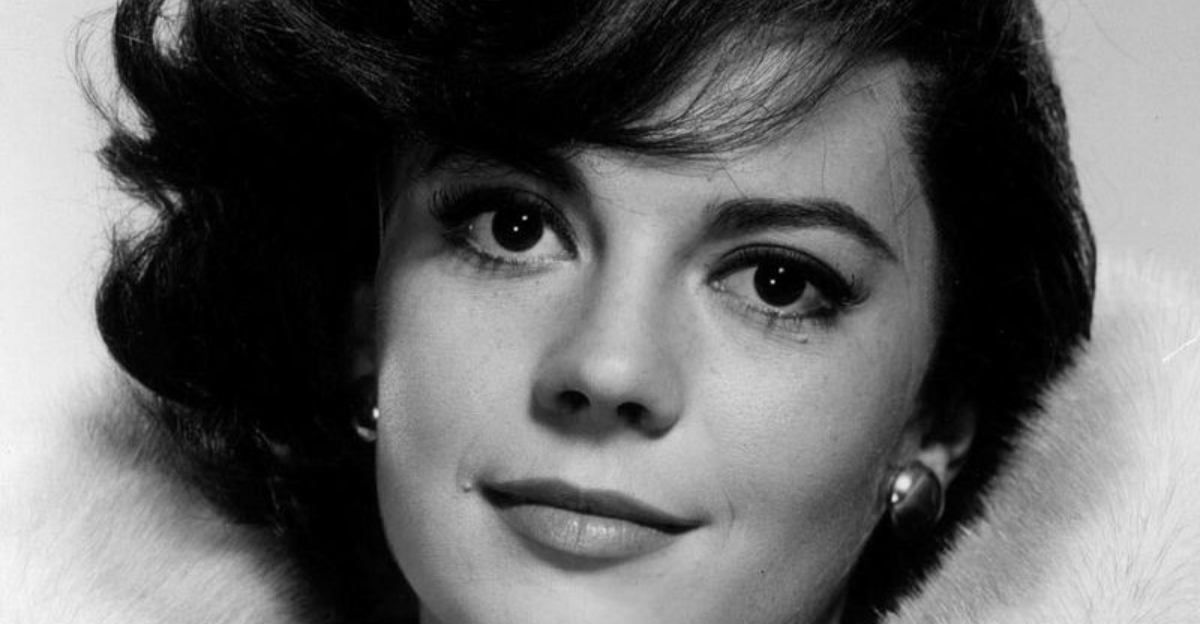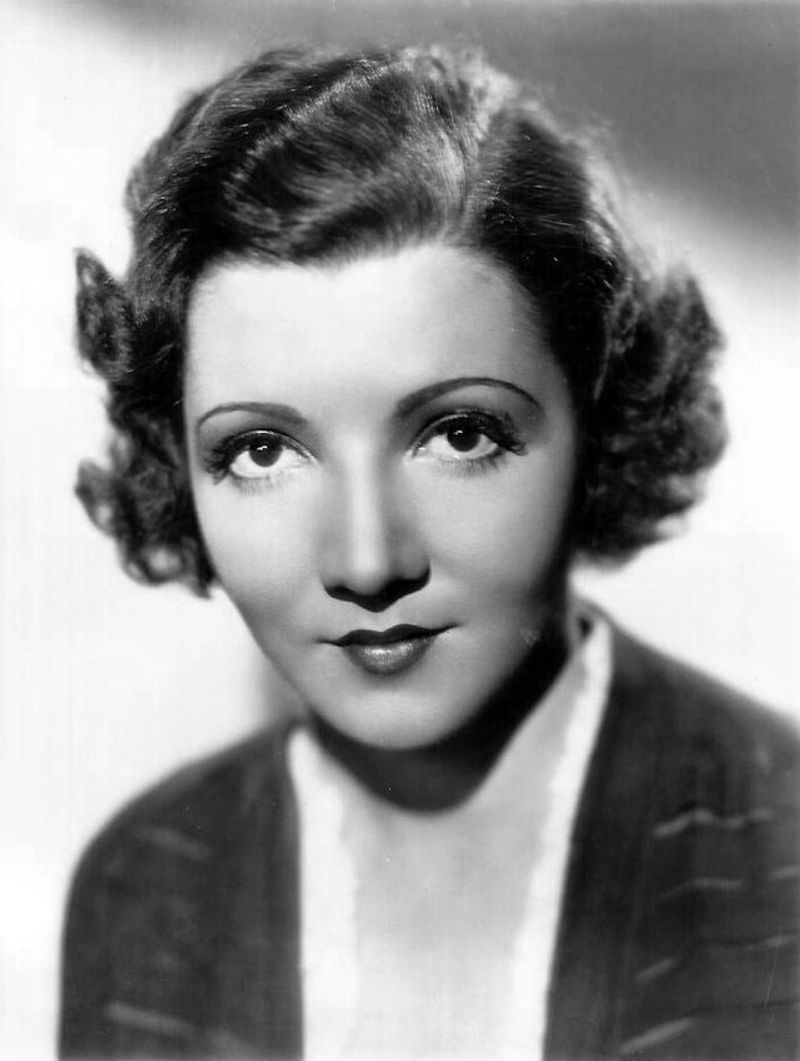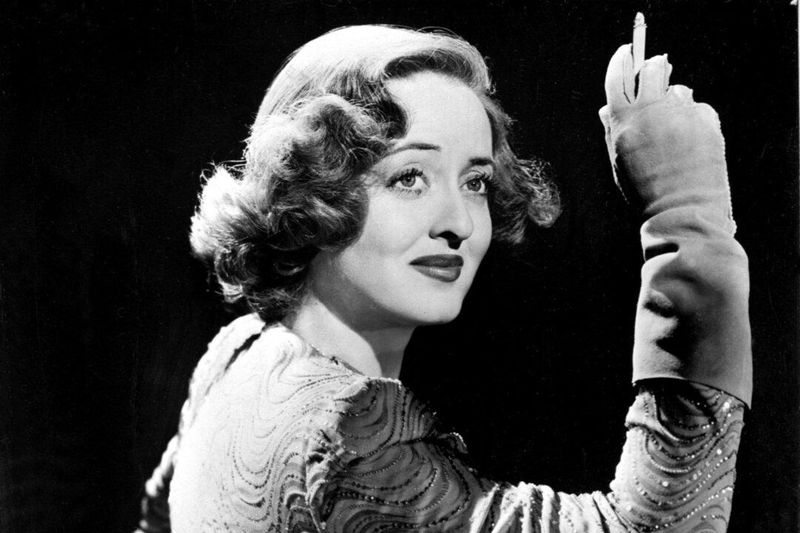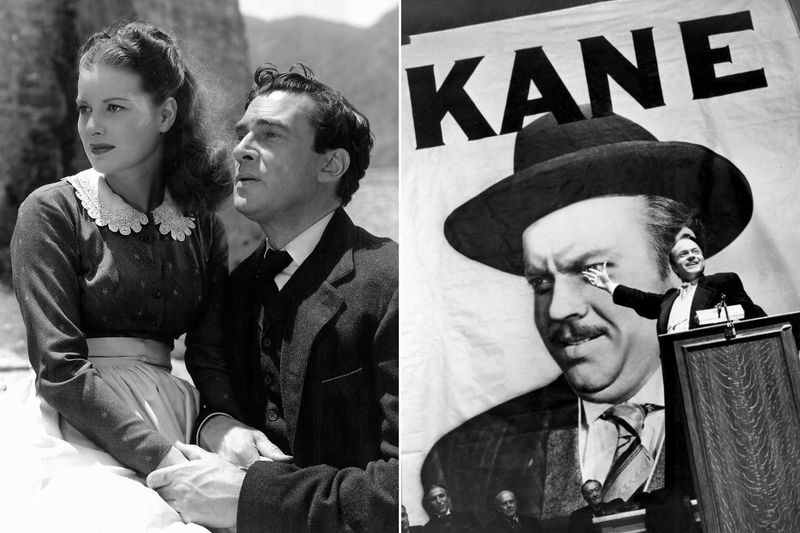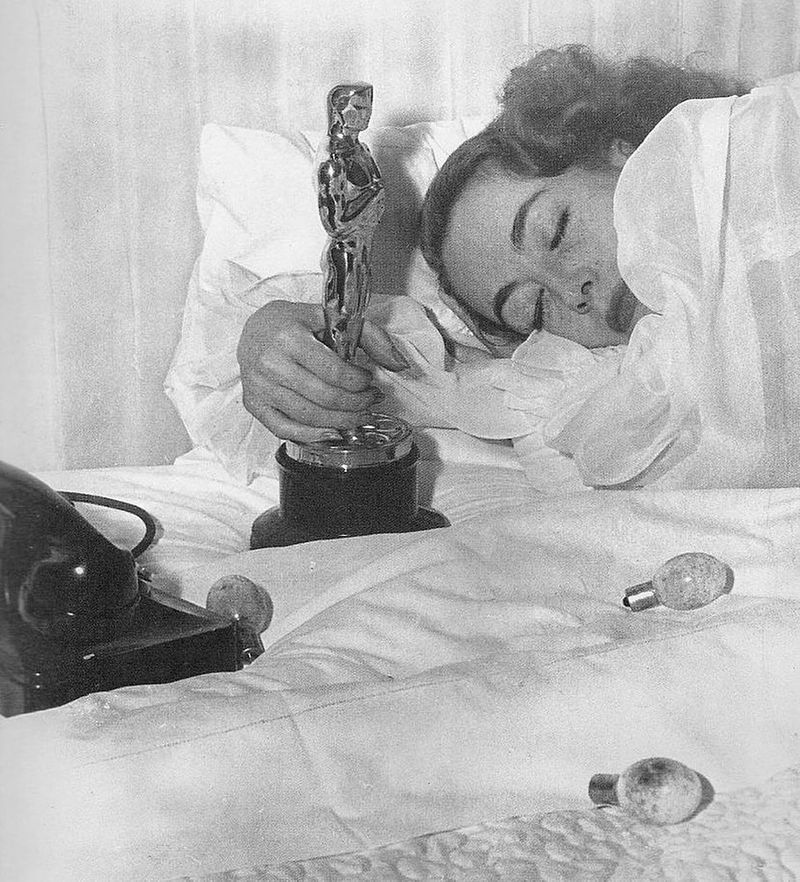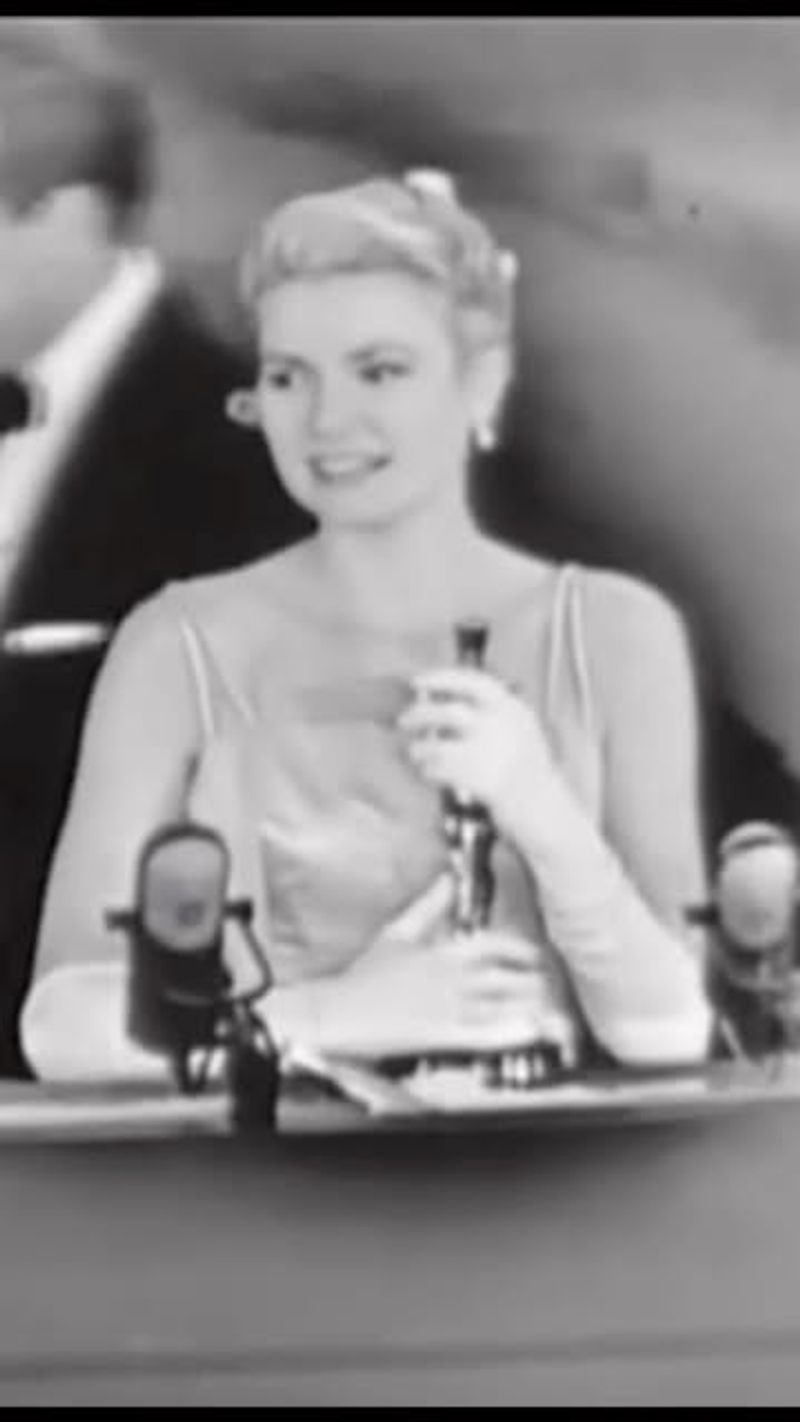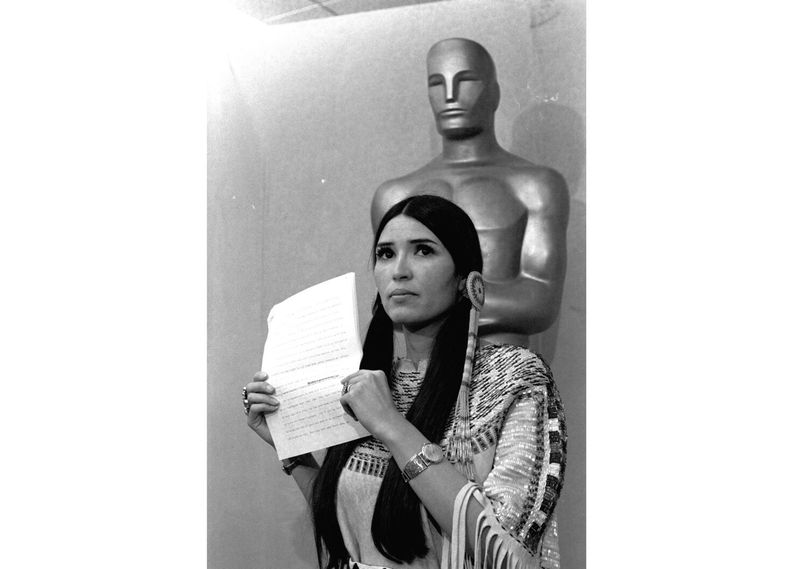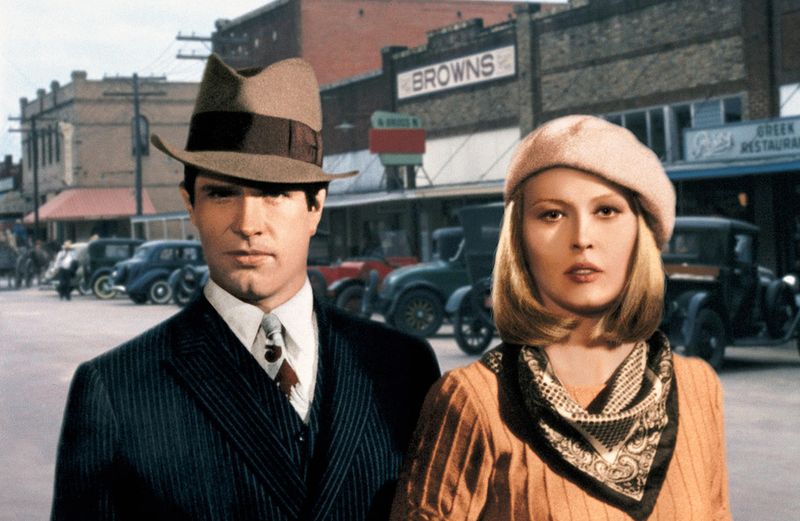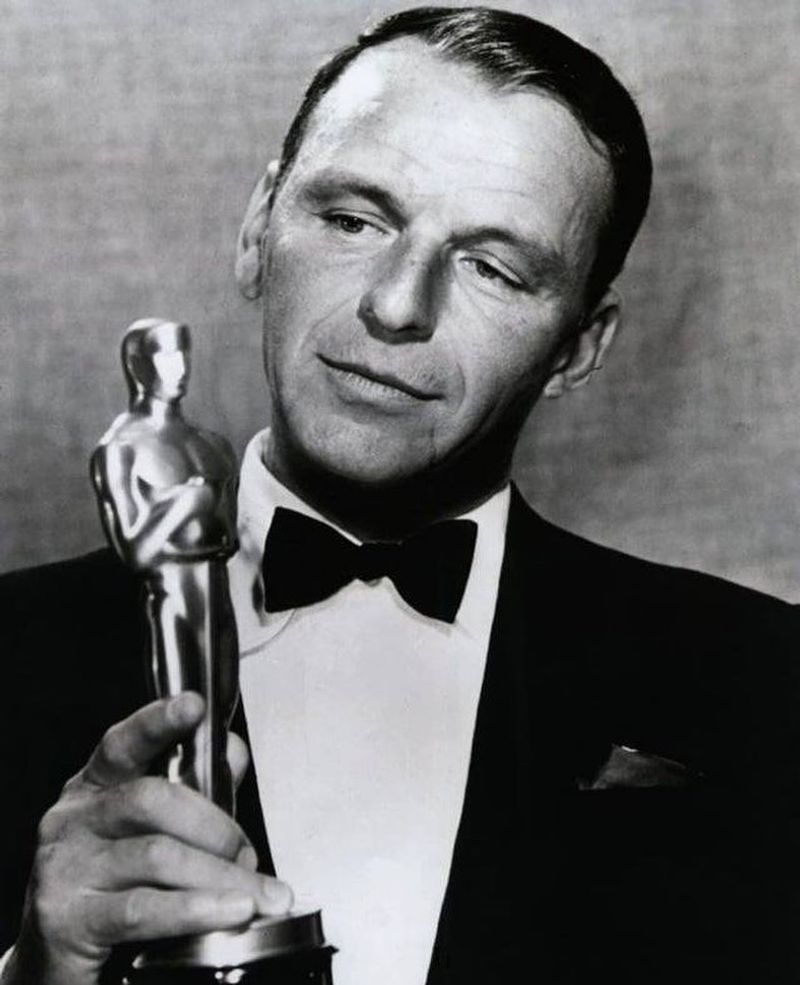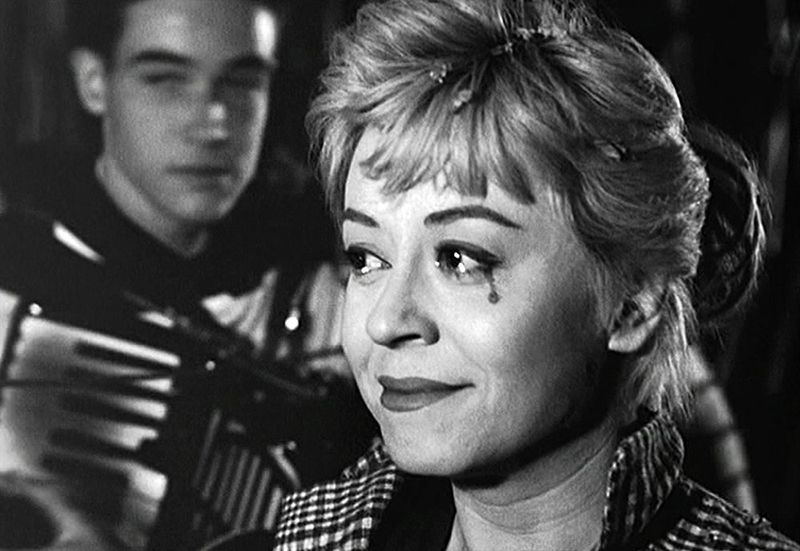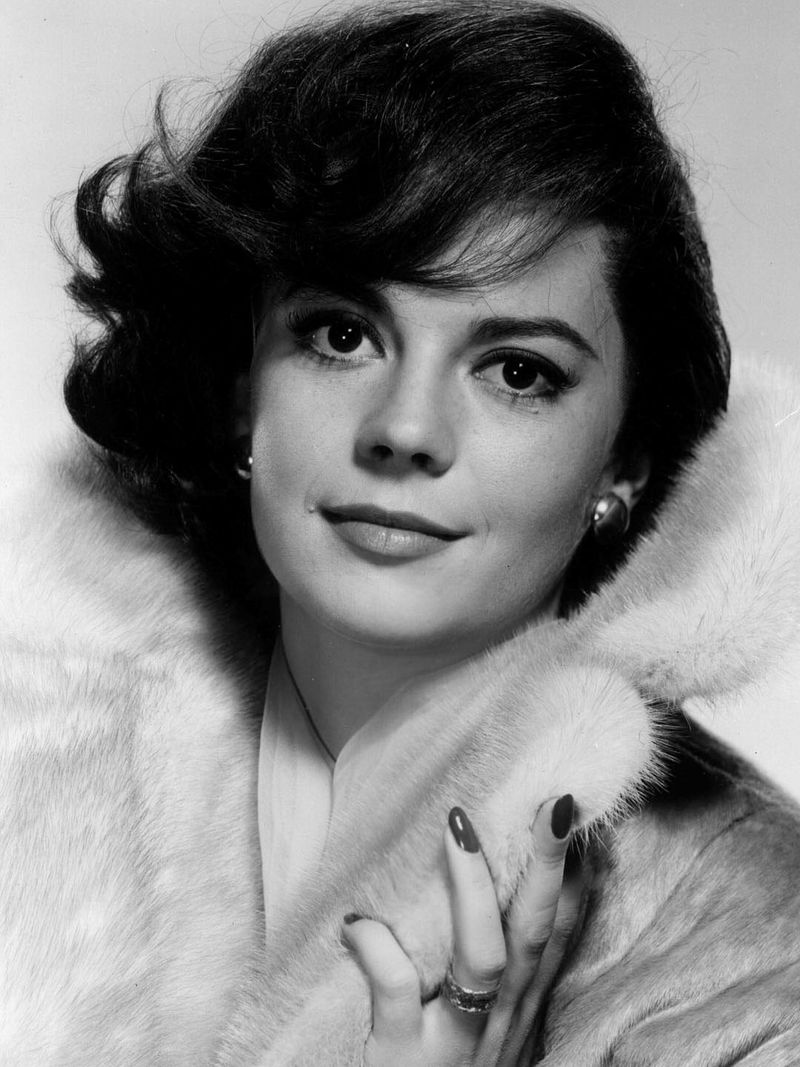Classic Hollywood is often remembered for its glamour and elegance, but beneath the surface, the Oscars have seen their fair share of scandalous moments. These 10 episodes highlight the drama, intrigue, and surprising outcomes that have left audiences and industry insiders talking for decades.
1. The 1934 Best Actress Tie – A Shocking Upset
In a never-repeated moment, the 1934 Oscars saw a shocking upset in the Best Actress category. Katharine Hepburn and Bette Davis were both anticipated winners for their performances in Morning Glory and Of Human Bondage, respectively. However, Claudette Colbert took home the award for It Happened One Night.
The ceremony was filled with tension as Colbert, who had not planned to attend, was persuaded by her director Frank Capra. Some say the votes were split, leading to an unexpected victory. This event remains a unique and surprising moment in Oscar history.
2. Bette Davis’s 1935 Loss – A Studio Sabotage
Bette Davis delivered a career-defining performance in Of Human Bondage, yet she wasn’t even nominated for an Oscar in 1935. The outrage was so intense that the Academy allowed write-in votes.
Despite public support, Davis lost to Claudette Colbert once again for It Happened One Night. Many believed studio politics played a role, as Davis later called it “the Academy’s greatest injustice.” In a world where studio power ruled, her loss remains a poignant reminder of behind-the-scenes machinations.
3. The 1942 “How Green Was My Valley” Win Over “Citizen Kane”
Orson Welles’ Citizen Kane, now hailed as the greatest film ever, was expected to win Best Picture in 1942. Instead, the award went to the sentimental How Green Was My Valley, surprising many.
Speculation arose that media mogul William Randolph Hearst, the inspiration for Kane, wielded his influence to sabotage the film’s chances. This controversial outcome is often cited as one of the Academy’s most significant oversights, showcasing the power dynamics at play in Hollywood’s golden era.
4. Joan Crawford’s Shameless 1946 Campaign
After not receiving a nomination for Mildred Pierce, Joan Crawford took matters into her own hands in 1946. She famously invited Oscar voters to private screenings at her home, charming them with cocktails and conversation.
Her efforts paid off, as she took home the coveted award. However, her rivals, including Bette Davis, accused her of “buying” the Oscar. This bold and audacious campaign remains a memorable example of Hollywood ambition and the lengths stars would go to secure a win.
5. Grace Kelly’s 1955 Win – Did She Steal Judy Garland’s Oscar?
Judy Garland was the favorite for the 1955 Best Actress Oscar for her role in A Star Is Born, but Grace Kelly won for The Country Girl instead. Rumors swirled that MGM boss Louis B. Mayer pressured voters to snub Garland.
Some speculated it was due to her personal struggles, while others believed it was payback for leaving the studio. The outcome sparked debates on fairness and influence, leaving a lasting impression on Oscar history and highlighting the competitive nature of the awards.
6. Marlon Brando’s 1973 Boycott – Sacheen Littlefeather’s Speech
When Marlon Brando won the Oscar for The Godfather in 1973, he famously boycotted the ceremony. Instead, he sent Native American activist Sacheen Littlefeather to decline the award in protest of Hollywood’s treatment of Indigenous people.
The reaction was mixed, with some booing and others applauding. John Wayne reportedly had to be restrained backstage. This act became a significant moment in Oscar history, spotlighting the intersection of politics and entertainment, and Brando’s commitment to social justice.
7. The 1968 “In the Heat of the Night” vs. “Bonnie and Clyde” Feud
The 1968 Oscars saw a fierce rivalry between Warren Beatty’s Bonnie and Clyde and the eventual Best Picture winner, In the Heat of the Night. Bonnie and Clyde was revolutionary, but the Academy favored the safer choice.
The tension between Beatty and producer Walter Mirisch was palpable and lasted for years. This feud highlighted the cultural shifts occurring in Hollywood at the time, reflecting the clash between the old guard and the emerging new wave of filmmaking.
8. Frank Sinatra’s Mob Ties & the 1954 Best Supporting Actor Race
Frank Sinatra’s win for Best Supporting Actor in From Here to Eternity in 1954 came with whispers of mob connections. Rumors suggested that his ties to organized crime helped sway the votes in his favor.
Some even claimed he pressured competitors to withdraw. While never confirmed, these allegations added a layer of intrigue to his victory, blending Hollywood glamour with underworld mystery, and leaving a lasting mark on Oscar folklore.
9. The 1957 Best Foreign Film Fix – “The Nights of Cabiria” Scandal
Federico Fellini’s The Nights of Cabiria won Best Foreign Film in 1957, but controversy followed the victory. It was later revealed that producer Dino De Laurentiis had allegedly bribed voters with lavish gifts.
The scandal led the Academy to briefly suspend the category, casting a shadow over what should have been a triumph for Italian cinema. This incident underscored the ongoing challenges of maintaining integrity in the glamorous yet complex world of awards.
10. The 1961 “West Side Story” Snub – Natalie Wood’s Lip-Syncing Shame
In 1961, Natalie Wood was nominated for her role in West Side Story, but controversy surrounded her nomination. Everyone knew that Marni Nixon had sung Wood’s parts, sparking debates about credit in Hollywood.
The Academy ignored Nixon’s contribution, leaving questions about fairness and recognition. This snub remains a notable example of the complexities of attribution in the film industry, affecting how performers’ contributions are recognized and valued.
